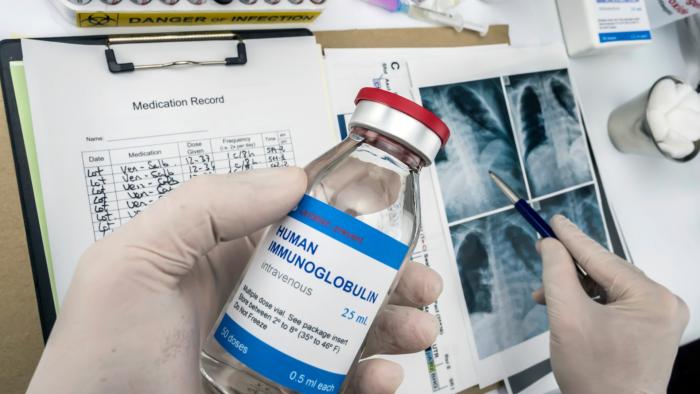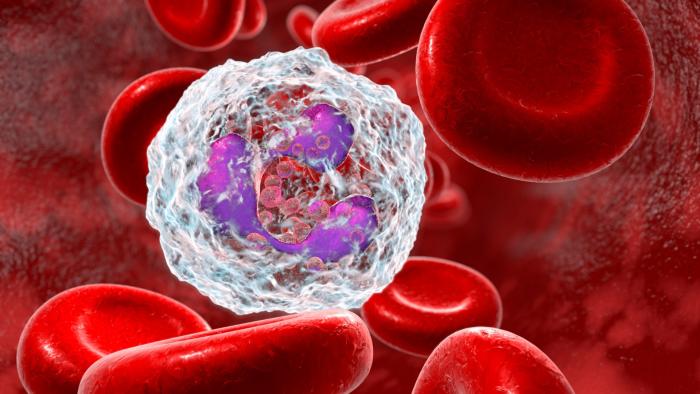Selecting a health insurance plan can be a challenging process. Basic information to navigate insurance is available for the PI community.
Answers to specific questions, relative to cost and generally covered benefits, can be found by reviewing a plan’s summary of benefits, drug formulary list, provider network directory, and by contacting the insurance company. When speaking to an insurance representative, you should be able to receive answers to all of your questions. If not, ask to speak to someone who can answer them.
While this is often considered a tedious process, it is one of the most important steps you can take to ensure that a plan meets your needs. It is better to know everything you can about your plan before you select it than finding problems and hidden costs after you have made a decision. Please remember, it is okay to ask questions until you receive answers when communicating with insurance representatives.














